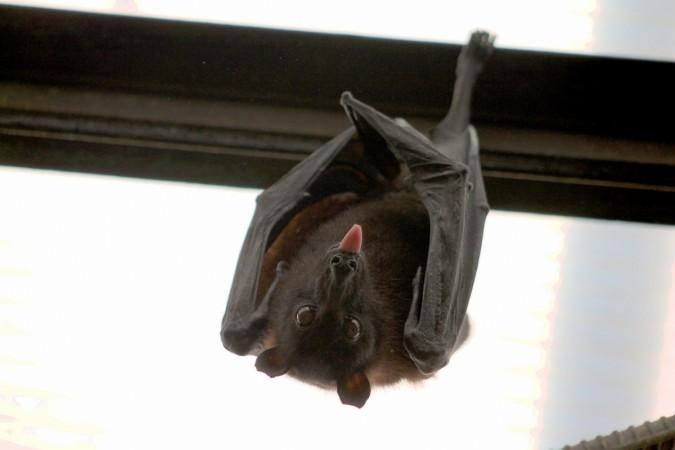
Dog-faced bats were known to the scientists for a long time. Researchers have discovered two more new species — Freeman's dog-faced bat (Cynomops freemani) in Panama, and the Waorani dog-faced bat (Cynomops tonkigui) in Ecuador.
There are six other species of canine-faced bats that fly much faster than the normal bats because of their extremely narrow wings.
Also read: Heartbreaking photos show thousands of bats 'boiled alive' by intense heatwave in Australia
In an interaction with the Smithsonian Insider, Ligiane Moras, lead author of the study and a PhD student at the Universidade Federal de Minas Gerais, Brazil, said, "Identifying two mammal species new to science is extremely exciting."
"After characterizing the body shapes of 242 dog-faced bats from museum collections across the Americas and Europe, comparing their DNA and adding in field observations including sound recordings, we consider that there are eight species in this group, two new to science," Moras also said.
Freeman's dog-faced bat (Cynomops freemani) was discovered in Gamboa, Panama, by a group of researchers working with staff scientist Rachel Page at the Smithsonian Tropical Research Institute (STRI), including Thomas Sattler, Raúl Rodriguez, and Elias Bader who, during five nights in 2012.
It is really difficult for the researchers who have to catch the bats to study them. In this case, they have used mist nets. Researchers captured 56 Freeman's dog-faced bats in 2012. They also recorded their call to create echolocation calls which they could use in future.
"We were very lucky to catch several different individuals of this species in mist nets and to record their calls," said Thomas Sattler, a fellow researcher.
"They were roosting in abandoned buildings. Knowing their species-specific echolocation calls may make it possible to find them again in the future with a bat detector—without catching them—and to find out more about their distribution and habitat preferences," he further added.
The Freeman's dog-faced bat was named after the bat researcher Patricia Freeman while the Waorani dog-faced bat, is named after the Waorani tribe of Ecuador. The latter one is slightly smaller than Freeman's dog-faced bat.















